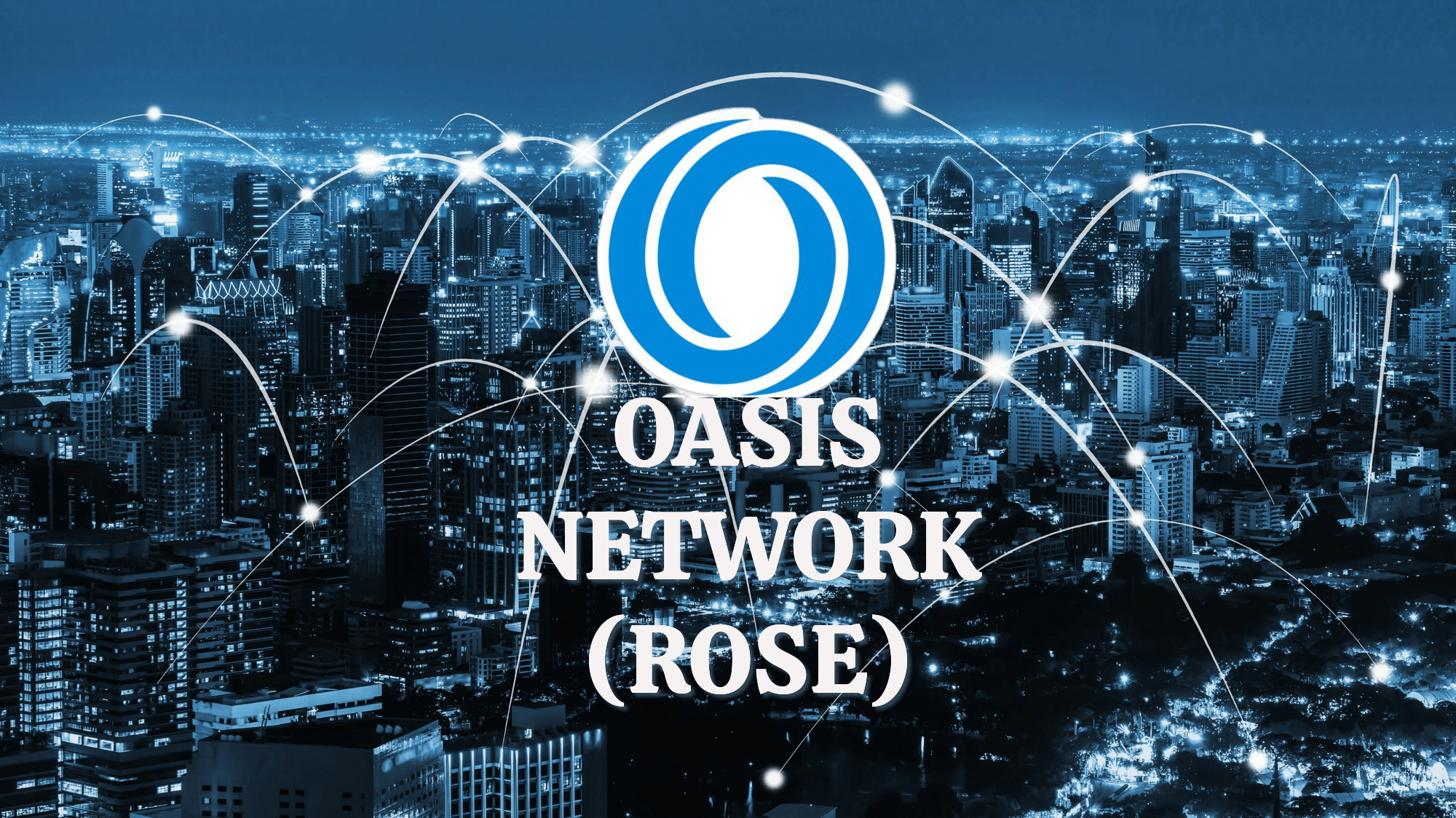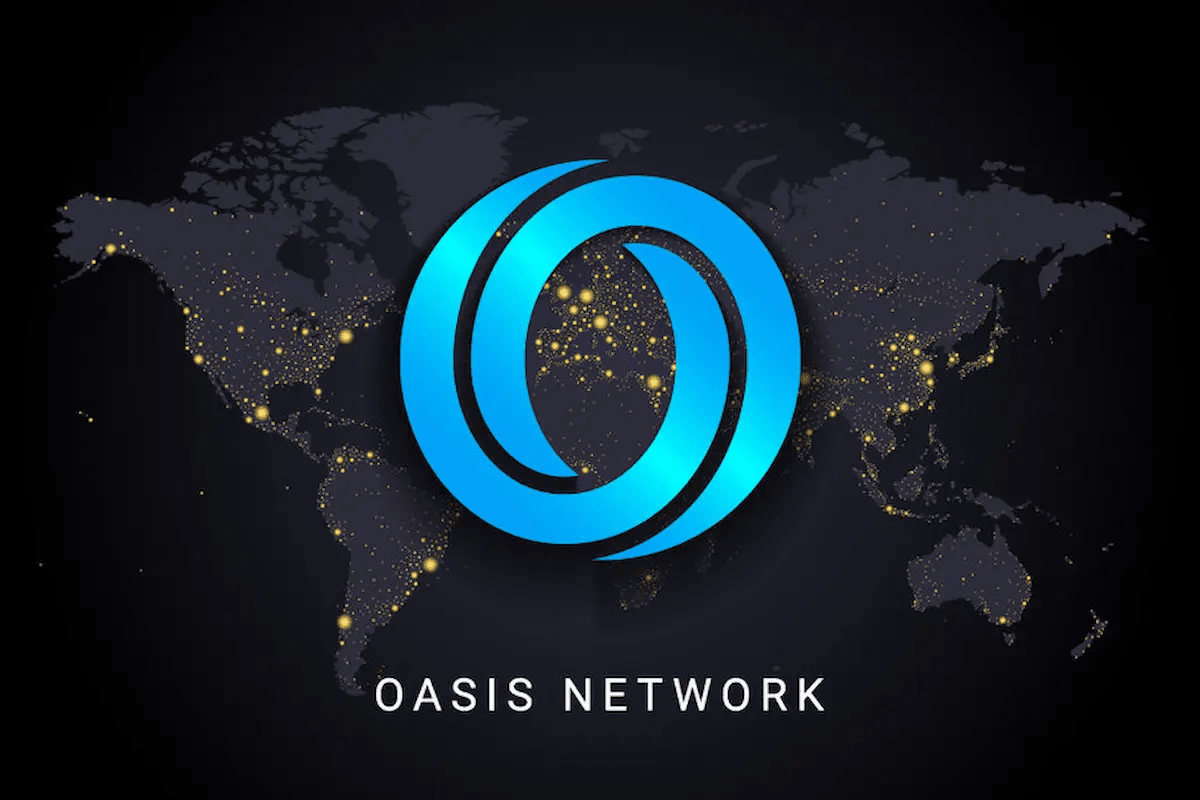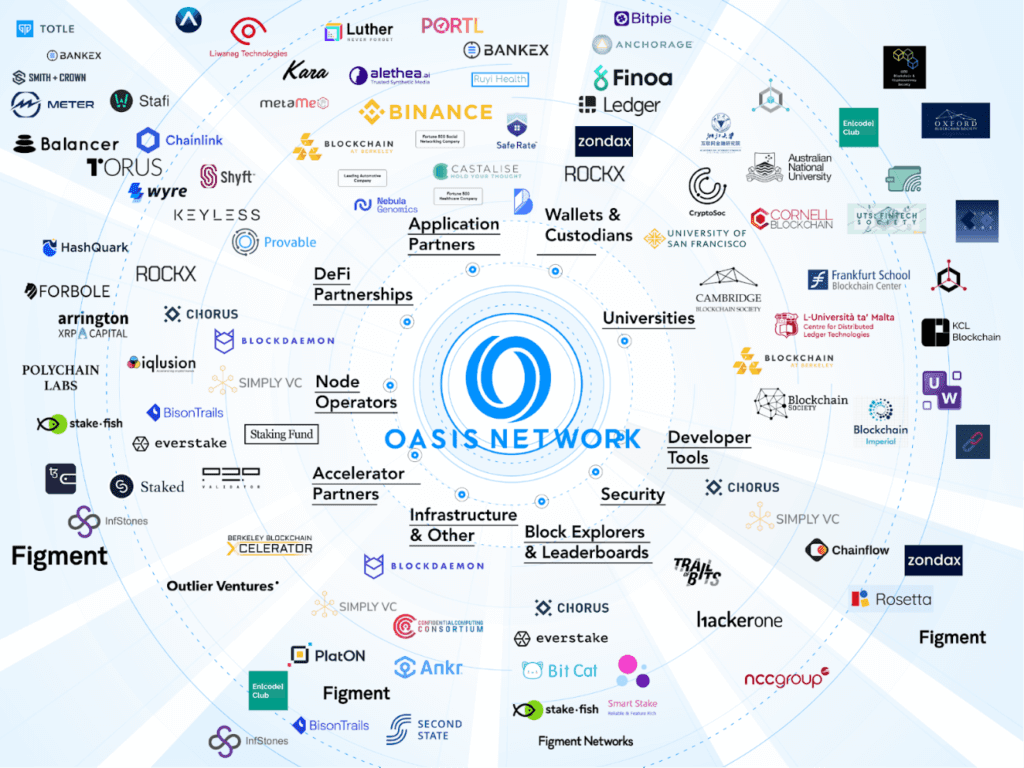
Research suggests that Oasis Network is currently the best option for high-privacy AI applications, thanks to its advanced features such as 'Smart Privacy' and specific tools like Sapphire and ROFL.
It seems likely that Oasis Network will continue to be a leader in the future, given its focus on responsible AI and collaborations with companies like Meta, although the field is dynamic and other platforms like iExec are also relevant.
There are controversies about how to balance privacy and transparency in blockchains, especially with regulations like GDPR, which could affect their adoption.
Introduction
If you are looking for a blockchain for AI applications that prioritize privacy, Oasis Network appears to be the most suitable option as of July 2025. It offers specific tools to protect sensitive data, which is crucial for sectors such as health or finance.
Why Oasis Network
Oasis Network has features like 'Smart Privacy', which allows adjusting privacy levels according to needs, from completely private to public. It also includes Sapphire for confidential smart contracts and ROFL for off-chain verifiable computing, ideal for AI. Additionally, it has collaborated with Meta to develop responsible AI, reinforcing its position.
Other Options
iExec is another strong platform, focused on decentralized confidential computing with trusted execution environments (TEEs), but it is more specific for computing resources. DcentAI also works on privacy for AI, but has less adoption. The choice depends on your specific needs, as the field is evolving.
Detailed Note: Comprehensive Analysis on Blockchain for High Privacy AI
General Context
The integration of blockchain and AI with a focus on privacy is a rapidly developing area, especially relevant in a world where AI relies on large volumes of sensitive data. Blockchains like Oasis Network, iExec, and DcentAI have emerged as leaders, offering solutions that combine the immutability of blockchain with advanced privacy technologies, such as zero-knowledge proofs (ZKPs), homomorphic encryption, and trusted execution environments (TEEs). This analysis, based on research until July 2025, seeks to identify which blockchain is and will be the most suitable for high-privacy AI.
Oasis Network stands out for offering 'Smart Privacy', which allows developers to create AI applications with adjustable privacy levels, from completely private to public, using technologies like TEEs and off-chain verifiable computing. This is ideal for protecting sensitive data in AI applications, such as in health or finance. Other blockchains, like Ethereum, do not have built-in privacy features, while Monero and Zcash focus on financial transactions, not on AI. iExec and DcentAI are interesting platforms, but Oasis Network has broader adoption and specific tools for AI, such as Sapphire, a confidential EVM environment.
Oasis Network: Leader in Privacy for AI
Oasis Network, known for its ROSE token, positions itself as one of the most promising blockchains for privacy applications in AI. Launched as a layer 1 platform, Oasis Network is designed to be scalable, private, and versatile, with a modular architecture that separates the consensus layer from the execution layer (ParaTime). This allows for parallel processing, crucial for the computational demands of AI.
Privacy Features: Oasis Network offers 'Smart Privacy', a framework that allows developers to create decentralized applications (dApps) with customizable privacy levels, from completely private to completely public. This is achieved through tools like Sapphire, the first confidential Ethereum (EVM) virtual execution environment, which allows executing private smart contracts, ideal for training and executing AI models without exposing sensitive data.
AI Support: The network has developed Runtime Offchain Logic (ROFL), a framework for off-chain verifiable computing that protects sensitive data in TEEs and is perfect for complex AI workloads. Moreover, Oasis Network has collaborated with companies like Meta to develop responsible AI solutions, using technologies like Secure Multi-Party Computation (SMPC) to safeguard privacy.
Recent Developments: As of July 2025, Oasis Network has advanced in projects like Flashback Labs, which enables private AI training where users can monetize their data, and Tradable, which uses ROFL to democratize algorithmic trading with AI insights while preserving privacy. These initiatives reinforce its position as a leader in the space.

Comparison with Other Blockchains
To contextualize, other relevant blockchains for AI and privacy were analyzed, as shown in the following table:
Privacy Features
Blockchain/Platform
Main Focus
Relevance for AI
Current Status (July 2025)
Oasis Network
Privacy and scalability for Web3/AI
Smart Privacy, Sapphire, ROFL, TEEs, ZKPs
High, with support for verifiable computing and responsible AI
Leader, with active collaborations and growing adoption
iExec
Distributed and confidential computing
TEEs, blockchain for secure computing
Medium, focused on computing resources for AI
Specific platform, less general than Oasis
DcentAI
Decentralized AI with privacy
Homomorphic encryption, ZKPs, federated learning
Medium, focused on private AI networks
Less mature, limited adoption
Ethereum
General smart contracts
No native privacy, requires layer 2 solutions
High, but limited privacy without extensions
Generalist, not optimized for privacy AI
Monero/Zcash
Privacy in financial transactions
ZKPs, coinjoining, mixing
Low, not designed for AI applications
Niche, focused on transactions, not on AI
This table shows that Oasis Network has a unique combination of advanced privacy and support for AI, surpassing other options in terms of versatility and adoption.
Analysis of iExec and DcentAI
iExec, while relevant, focuses more on providing distributed and secure computing resources, utilizing blockchain and TEEs for AI applications. However, it is not a general blockchain like Oasis, but a specific platform for resource rental, making it less suitable for broad use in AI with privacy. DcentAI, on the other hand, uses technologies like homomorphic encryption and federated learning to preserve privacy, but its adoption and maturity are lower compared to Oasis Network, positioning it as a secondary option.
Future Considerations and Controversies
The field of blockchains for AI with privacy is evolving, and there are controversies about how to balance the transparency of blockchain with the need for privacy. For example, some criticisms point out that reliance on TEEs may introduce security risks if hardware providers are not trustworthy. Oasis Network addresses this with its focus on verifiable computing and collaborations with partners like Intel for TDX TEEs, but the debate remains open. Additionally, regulation, such as GDPR in the EU, poses challenges for the implementation of AI in blockchains, and Oasis Network has shown commitment to compliance through governance mechanisms and audits.
The information was verified by consulting the official Oasis Network website (https://oasis.net/), where features such as tools for verifiable AI and customizable privacy are highlighted, aligned with the points mentioned. Solutions like Pontus-X by DeltaDAO were also reviewed, which allows monetizing AI products and data using Oasis's confidential EVM technology, reinforcing its relevance for privacy in AI.

Conclusion and Recommendation
Based on the evidence available until July 2025, Oasis Network appears to be the most suitable blockchain for AI applications with a strong emphasis on privacy, thanks to its innovative architecture, specific tools like Sapphire and ROFL, and its focus on responsible AI. However, given that the field is dynamic, it is recommended to monitor future developments, especially in iExec and DcentAI, for specific needs. For more information, official resources such as Oasis Network and iExec can be consulted.
DYOR


